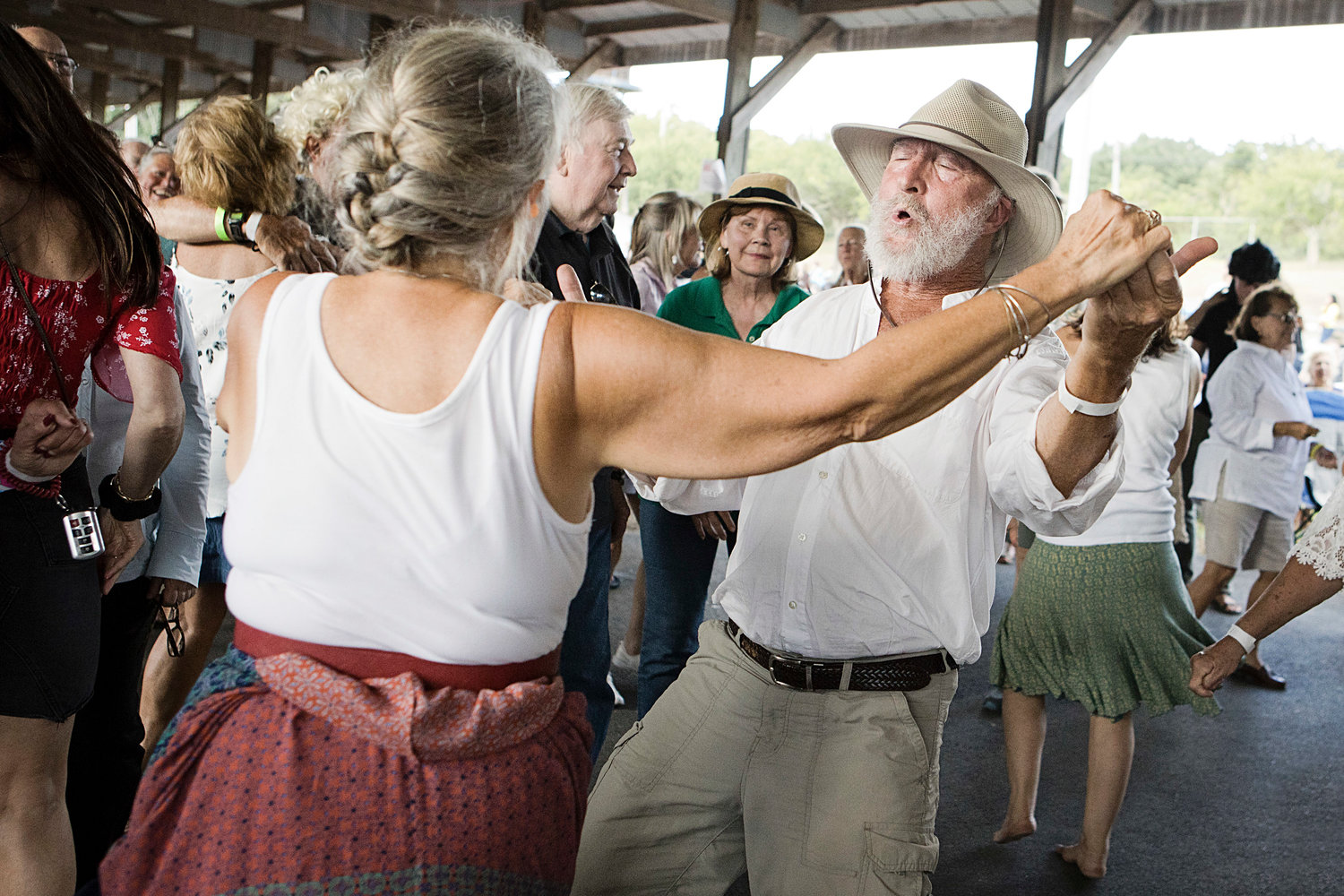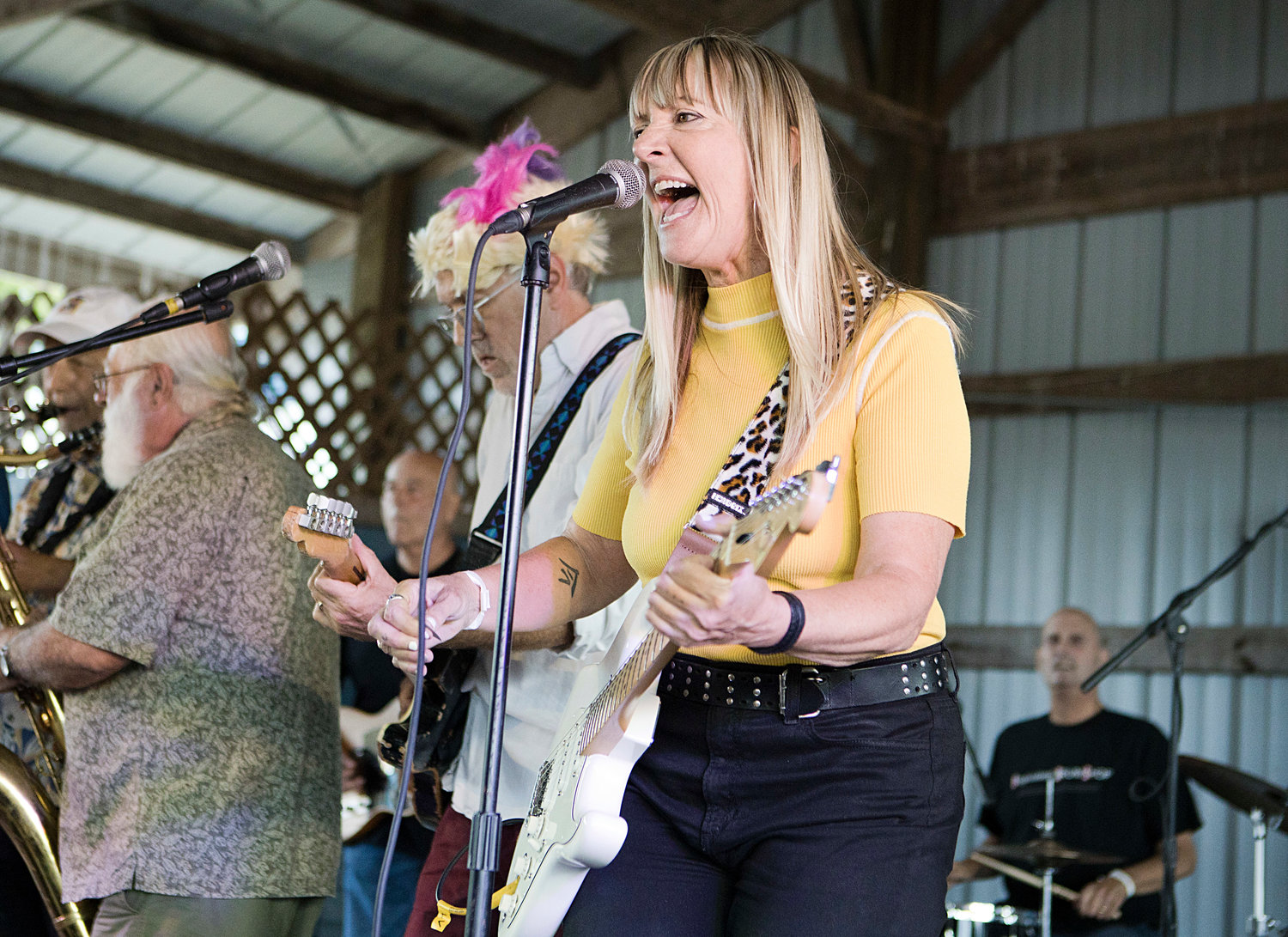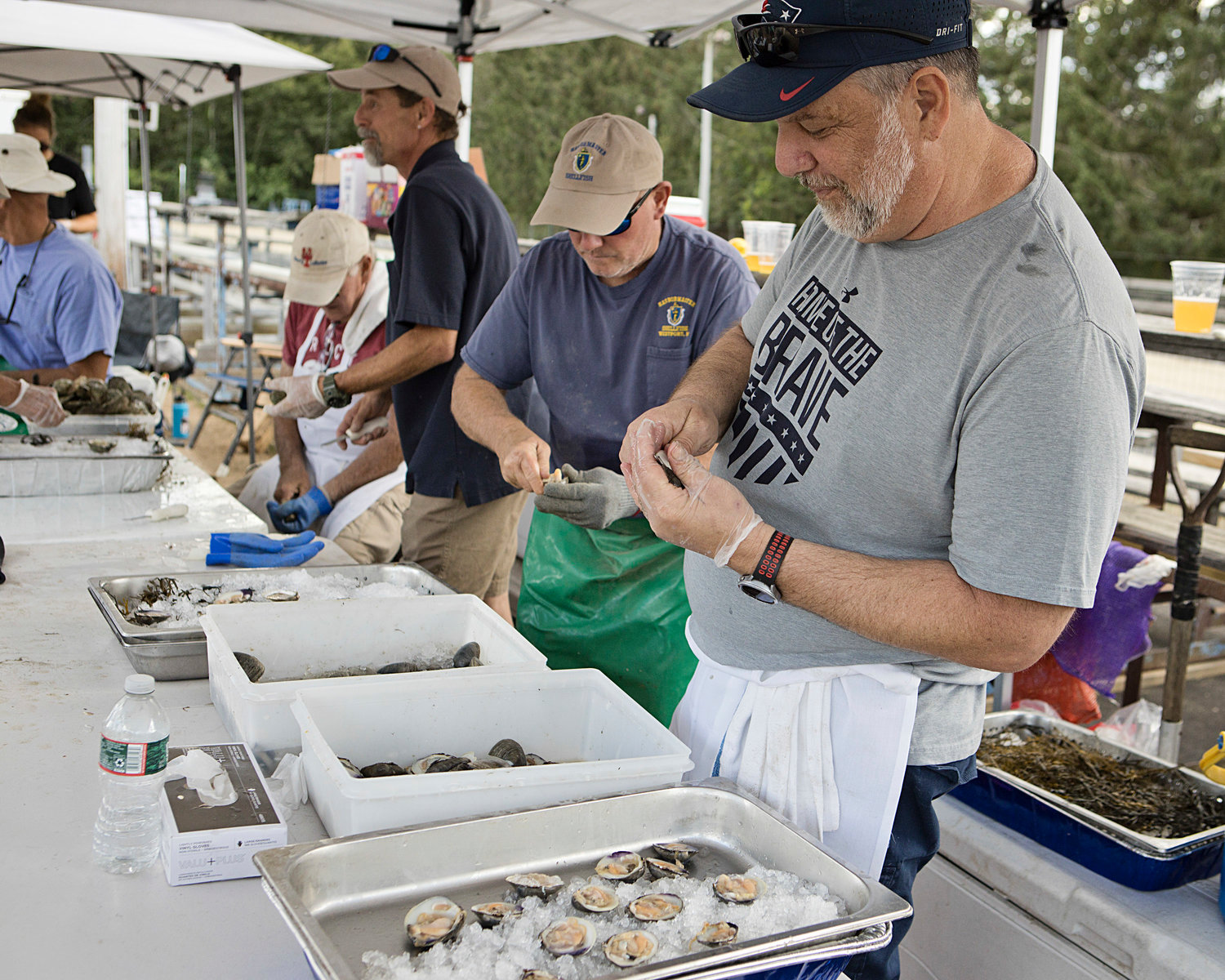Westport Shellstock — 'the best ever!'
Best year ever.'
That was the verdict from Harbormaster Chris Leonard after Saturday's Shellstock festival at the Westport Fairgrounds, which drew huge numbers and likely brought in better …
This item is available in full to subscribers.
Please log in to continue |
Register to post eventsIf you'd like to post an event to our calendar, you can create a free account by clicking here. Note that free accounts do not have access to our subscriber-only content. |
Day pass subscribers
Are you a day pass subscriber who needs to log in? Click here to continue.
Westport Shellstock — 'the best ever!'
Best year ever.'
That was the verdict from Harbormaster Chris Leonard after Saturday's Shellstock festival at the Westport Fairgrounds, which drew huge numbers and likely brought in better receipts than any previous year.
"It was great," said Leonard, Westport's Harbormaster. "We had such a great mix of people come out and it was really busy."
Usually held on Columbus Day weekend, organizers decided to hold it in the summer this year instead, and after the great turnout, it might just stay a summertime event.
“We’re looking forward to being able to officially move it into the summer months, and seeing that Westport has a pretty big summer population, we’re looking to tap into that,” said Skip Manchester, a Westport native on the Shellfish Advisory Board, and owner of Westport Lobster Company. Manchester’s father was one of the founders of the committee, and he stepped up to the board after the passing of his father.
“We can accommodate roughly 1,500 to 2,000 people in the fairgrounds, so we’re hopeful that this is going to be the beginning of a nice relationship here in the summer,” said Manchester.
Shellstock is now in its sixth year, despite only hosting five events (with 2020 being the only exception, due to COVID). As always, all proceeds benefit the Westport Shellfish Propagation Fund, which is used to buy quahogs for seeding in Westport's waterways.
“We take the money and we purchase seed, and other quahogs and shellfish, and transplant them into the river to be harvested by commercial fishermen, but also by the public and non-commercial fishermen,” Manchester said.











